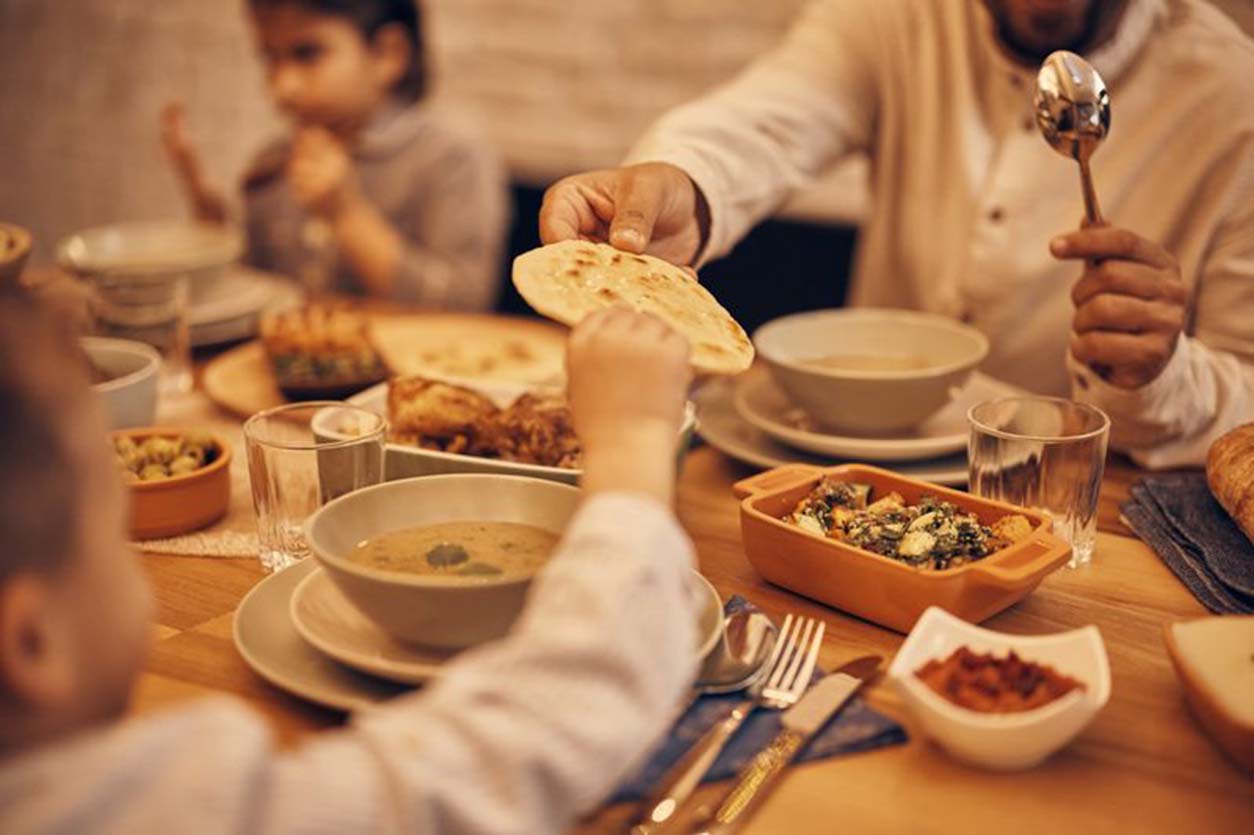Health experts urge slow, mindful eating, opting for healthy alternative recipes
Abu Dhabi: The advent of the Ramadan brings with it a marked difference in dietary habits, with the period of abstinence from food and drink during the day meant to human body and mind. In effect however, most residents end up overindulging during the holy month, and suffer from more gastrointestinal illnesses as a result. Doctors and health professionals across the UAE have therefore called on residents to eat right in order to derive the full benefits of Ramadan.
“Ramadan is a month of detox to cleanse the mind and body. Fasting helps regulate cholesterol levels, improve cardiovascular functions, boost metabolism and increase immunity. It can also aid in weight loss, and studies have proven that Ramadan fasting also causes positive metabolic changes that may be associated with increased lifespan. Fasting is believed to reduce the risk of cancer biomarkers and markers of oxidative stress and inflammation, which greatly damage the blood vessels in the heart,” Archana Baju, clinical dietician at Burjeel Hospital, Abu Dhabi, told Gulf News.
Do not miss out
“Unfortunately, many people miss the benefits due to unhealthy eating patterns and leading sedentary lifestyles. Eating rich foods with high calorific value contradicts the purpose of the fast, leading to weight gain and digestive issues,” she warned.
Digestive complaints
In practice, there is a surge in digestive complaints at health facilities across the country during Ramadan, most of which are a result of unhealthy eating habits.
“Gastrointestinal issues like indigestion, heartburn, bloating, belching, acid reflux, along with dehydration, fatigue and irritability, are common complaints during Ramadan. The gastrointestinal problems are usually due to increased intake of oily foods or calorie-dense meals problems, and lying down soon after a meal can also increase the risk of developing acid reflux,” Baju said. In order to enjoy the full benefits of fasting, the doctors urged worshippers to adopt a healthy diet, and take on healthy eating habits over Ramadan.
“It is strongly recommended to follow a healthy balanced eating plan with a lot of fibre and adequate hydration. Eating slowly and mindfully goes a long way,” Baju said. Probiotic foods like yogurt, laban and kefir can also help balance gut health. On the other hand, an excess of caffeinated beverages and fizzy drinks are best avoided as they promote dehydration.
When meeting friends
This advice also applies when meeting friends and family for a meal.
“We need to plan accordingly in order to entertain and treat our guests with healthy food choices. Be a role mode, and encourage healthy eating with family and friends,” Baju added.
Read Full Story: GulfNews


